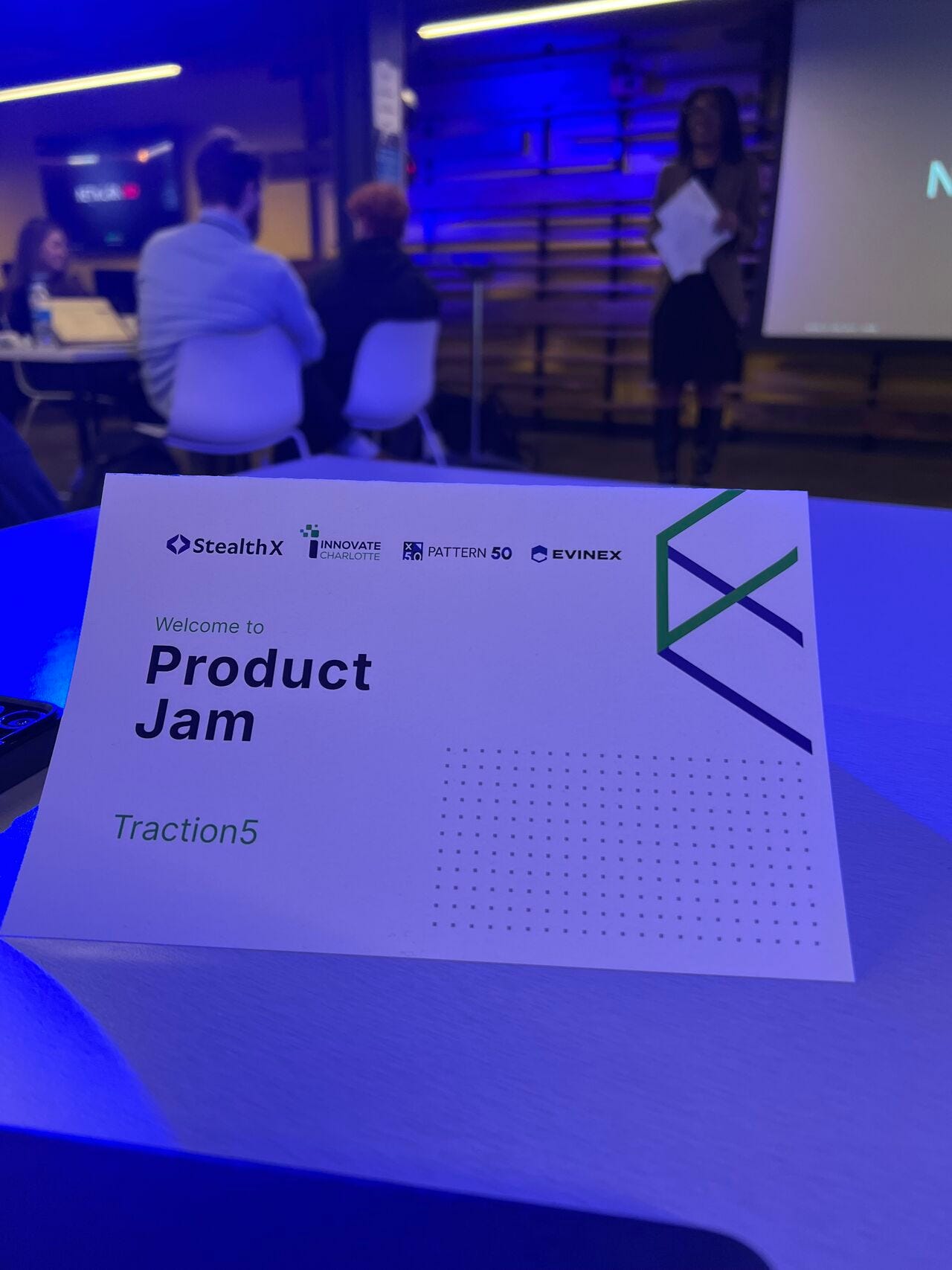Yesterday, browsing Barnes & Noble, I found myself picking up Kant’s Critique of Pure Reason. It’s one of those books people often describe as notoriously dense or even outright impenetrable unless you’ve had rigorous philosophical training. Honestly, I’d absorbed some of those assumptions myself.
But I flipped to some random page anyway—and the weirdest thing happened. Kant wasn’t impossible at all. In fact, his words felt surprisingly alive and clear. It was like he wasn’t just theorizing—he was describing something real, something you could actually sense if you slowed down and paid attention. He said something about time not being some external measurement, but instead, how we experience ourselves moment to moment. And it struck me as obviously true, right there, standing in the aisle. All you had to do was pause and notice it in your own life.
“Time is nothing else than the form of inner sense, that is, of our awareness of the state of our own consciousness.” — Immanuel Kant, Critique of Pure Reason
Then, feeling pretty encouraged, I decided to peek at the professor’s introduction. Big mistake. Within seconds, Kant’s fresh insight felt like it got buried alive under pages of academic jargon and needless complexity. It was as if this professor thought explaining Kant meant dissecting him until nothing recognizable remained. Everything vibrant or exciting about the original idea just vanished beneath layers of dull, scholarly detail.
And that’s when it really hit me—this isn’t just Kant, it’s everywhere. Not just in philosophy, either. It feels like our knowledge system has been built to turn genuinely fresh insights into lifeless museum pieces.
This isn’t just about philosophy or academics—it’s something way bigger.
Escaping the Strategic Planning Trap
I saw exactly how this plays out recently at Product Jam with my startup, Traction5.
We were in the middle of a session with Wes Dews, talking through our partnership strategy, and we did exactly what everyone always does—started diving straight into detailed planning, trying to lock everything down step-by-step in a deck. But then Winston Len, one of expert investors, gently pushed back. He basically said, “Hold on—can we pause for a second? There are too many nouns, does not look like a deck to me."
That hit me hard. We were about to do exactly what those professors did to Kant—take something alive and try to dissect it until it was lifeless. And the funny thing is, the minute we stopped trying to squeeze out the “right answer,” the questions started flowing easily.
Richard Rumelt touches on this idea in Good Strategy, Bad Strategy, even if he doesn’t explicitly name it. While he provides clear mechanics and insightful frameworks, the true strategic insight—the genuine kernel—can’t be reduced to formulas or diagrams. It emerges naturally, often in moments of uncertainty and discomfort, when you’re willing to pause, resist immediate answers, and allow clarity to surface organically.
What really struck me—actually kind of shook me—was how close we came to completely missing it. If Winston hadn’t gently interrupted, if we’d stuck with the familiar, comforting path of frameworks and neatly structured action items, we would’ve walked out of that room with a perfectly tidy strategy deck. And it would’ve been lifeless.
Escaping Intellectual Colonization
But it’s not just a business strategy thing, is it? It’s a way bigger issue—about how we approach any kind of knowledge. Do we have the patience to hang out in that awkward, uncertain space long enough for something real to show itself? Or do we run straight back to our safe little frameworks, content to shuffle around preserved ideas instead of grappling with what’s actually alive and messy?
I decided to dig a bit more and came across this book called The Embodied Mind by Varela, Rosch and Thompson. They put into words something I’d felt but couldn't quite express clearly: science often acts like a colonial power whenever it runs into something it can't easily break down or measure. If it’s lived experience, science tries to conquer it by mapping it to neurons. Consciousness? It immediately tries to colonize it with computer metaphors. Even deep insights are quickly reduced to predictable behaviors and frameworks.
But here's the uncomfortable truth—we’re all doing this, all the time. Me included. Remember the Product Jam session? That instant where we almost killed off a genuinely alive idea by immediately overanalyzing it? Total colonization. Or when I first grabbed Kant’s book and instinctively turned to the professor’s dry, overly academic introduction to explain away what I’d just experienced firsthand? Yep, colonization again.
We've somehow been trained—maybe even conditioned—to trust our neat maps and frameworks more than the messy, living territory they're supposed to represent. It’s like we prefer a butterfly pinned neatly in a display case over one that's actually flying around, unpredictable and alive.
Don’t Explain It—Live It
No academic paper can truly capture the living truth that’s unfolding right in front of us—if only we're brave enough to look directly at it.
Every day, every moment, we face this choice. Do we study life from a safe distance, or do we actually live it? Do we colonize experiences by endlessly labeling them, or do we engage with them directly, allowing them to change us?
And yes, it’s risky. It's uncomfortable. Letting go of our analytical safety nets feels unsettling. But what's the alternative?
This isn't just about philosophy or academics. It's about a basic choice we all face: Do we want to engage with ideas as living truths that can transform our understanding? Or are we content to collect and catalog dead specimens?




